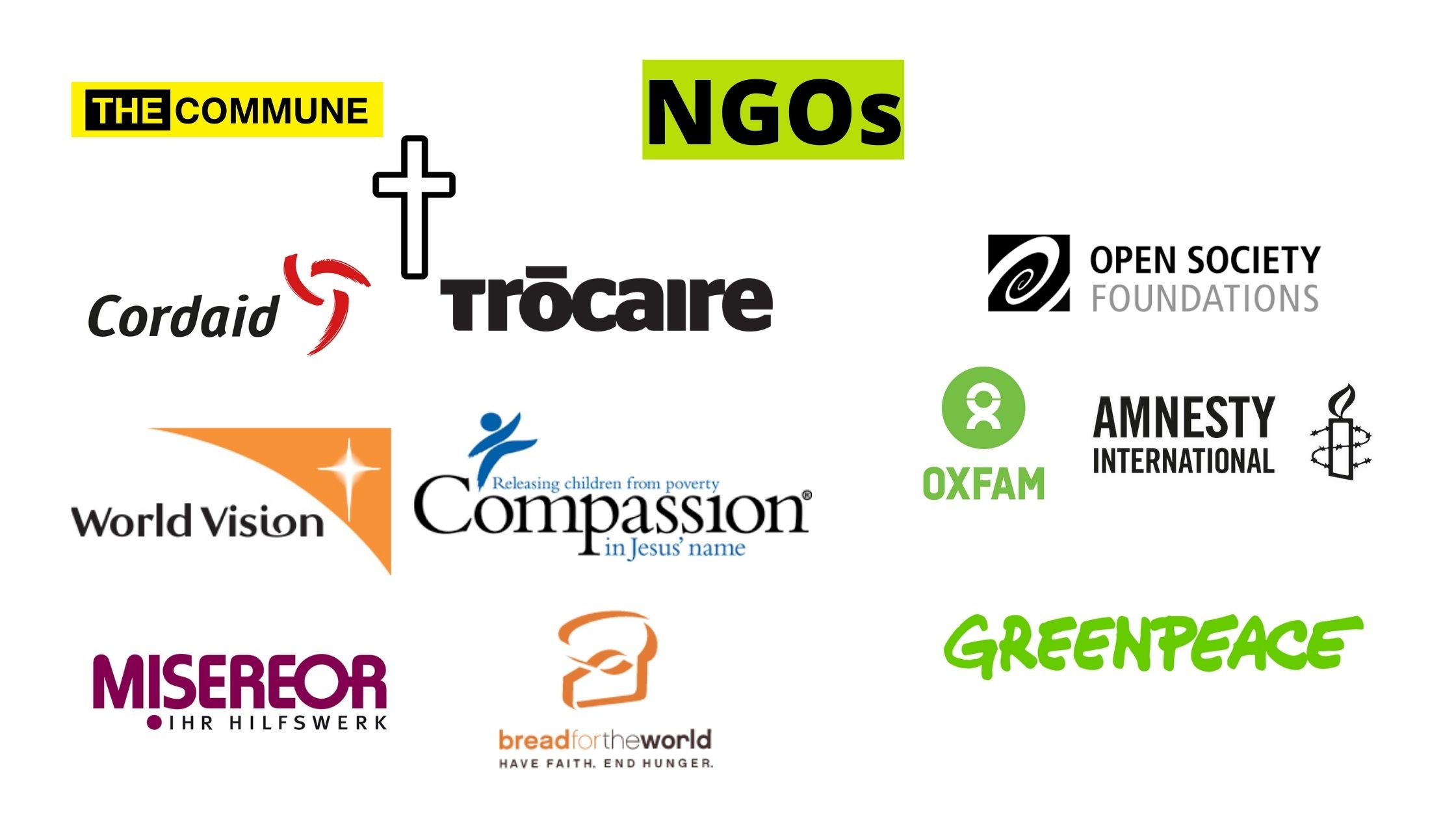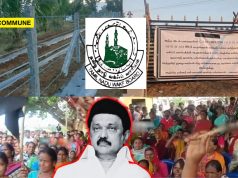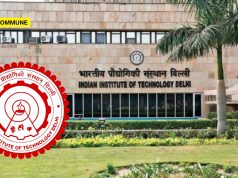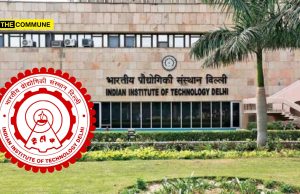
In a blow to organisations that used to receive funds that supported farmers or student organisations participating in party politics, the government that had earlier introduced a more stringent regulation for foreign-funded NGOs and associations with recent amendments to the Foreign Contribution Regulation Act, 2010.
Now the government has turned its attention and has revised the Foreign Contribution (Regulation) Rules, 2011 to make them stricter. This means NGOs cannot receive funds that supports students and farmer unions.
Under the new guidelines, all entities seeking registration or prior permission under FCRA should be in existence for 3 years having spent a minimum ₹15 lakh on its core activities for the benefit of society.
Importantly, the new rules add a sub-rule to Rule 3, stating that organisations specified under clauses (v) and (vi) of sub-rule 1 — which cover organisation of farmers, workers, students, caste and community-based organisations not directly aligned to parties but which advance political interests of such groups, as well as outfits that habitually engage in political action like bandhs, hartal, rasta roko — shall be considered of political nature if they participate in party politics.
More importantly, from now on entities of political nature are barred from receiving foreign contributions and all fees and contributions will be submitted electronically.
Under the new rule application fee for grant of registration under FCRA has been increased from Rs 3,000 to Rs 5,000 from and for grant of prior permission to Rs 10,000 from Rs 5,000.
The Central government, in exceptional cases or in cases where a person is controlled by the Central Government or a state government may waive the conditions requiring entities applying for registration/prior permission under FCRA to be in existence for three years and having spent Rs 15 lakh on its core activities aimed at benefit of the society for past three years. If an entity wants inclusion of its existing capital investment in assets like land, building, other permanent structures, vehicles, equipment in the computation of its spending during last three years, then the chief functionary shall give an undertaking that the assets shall be vested henceforth with the person till the validity of the certificate and they shall be utilised only for the activities covered under the Act and the rules made thereunder and shall not be diverted for any other purpose.
A person seeking prior permission for receipt of a specific amount from a specific donor for carrying out specific activities or projects, under the new rules, must submit a specific commitment letter from the donor indicating the amount of foreign contribution and the purpose for which it is proposed to be given. For the Indian recipient and foreign donor organisations having common members, prior permission shall be granted to the person provided the chief functionary of the recipient NGO is not a part of the donor organisation and 75% of the office-bearers or members of the governing body of the NGO are not members or employees of the foreign donor organisation. In case of foreign donor organisation being a single individual that individual shall not be the chief functionary or office bearer of the recipient person; and in case of a single foreign donor, 75% of the office bearers or members of the governing body of the recipient person shall not be the family members or close relatives of the donor.
In the new rules, after rule 9, a new rule 9A shall be inserted to regulate permission for receipt of foreign contribution in application for obtaining prior permission. If the value of foreign contribution on the date of final disposal of an application for obtaining prior permission exceeds Rs 1 crore, the Central government may permit receipt of foreign contribution in such instalments, as it may deem fit: provided that the second and subsequent instalment shall be released after submission of proof of utilisation of 75 per cent of the foreign contribution received in the previous instalment and after field inquiry of the utilisation of foreign contribution.”




